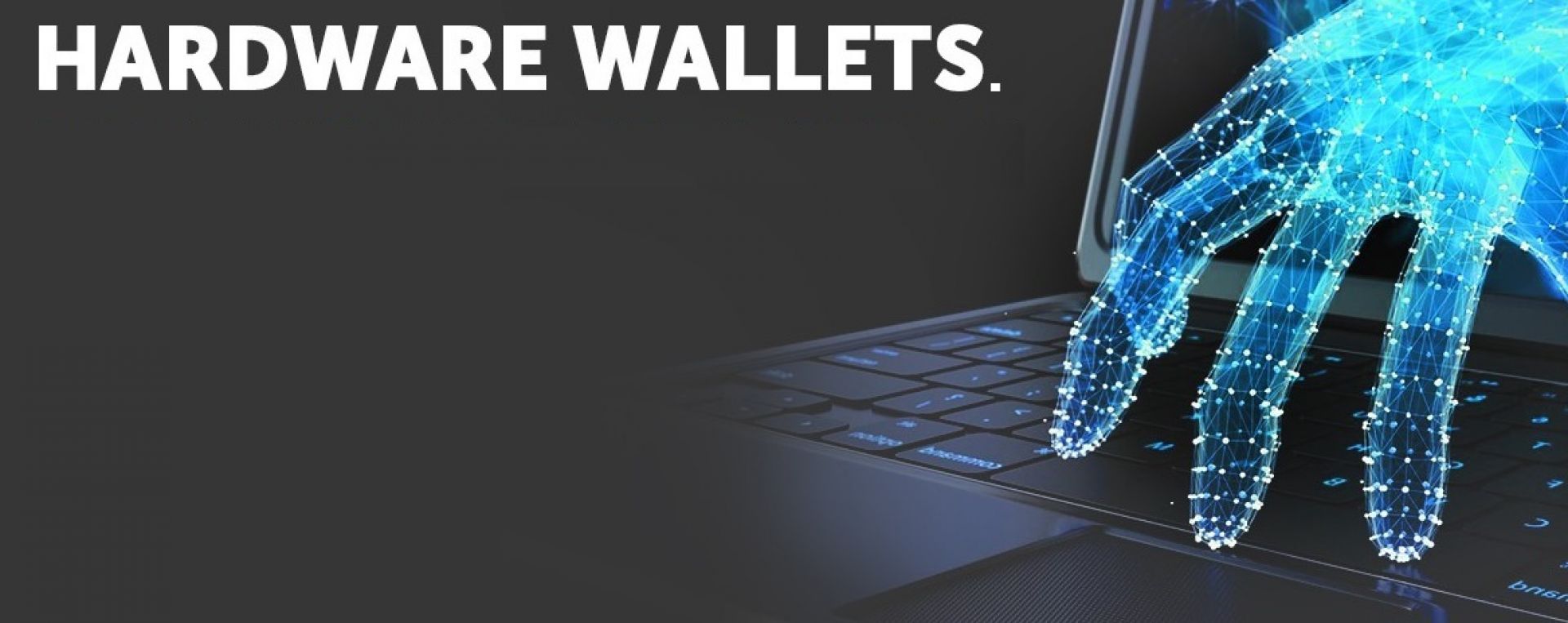
Problems and solutions for smart contracts
A smart contract is a computer act designed for the purpose of numerical assistance, control, or the provision of the performance of negotiations or the performance of a treaty. Smart contracts allow you to carry out strong transactions in the absence of 3 edges. These transactions are considered to be traceable and non-convertible. Smart contracts existed for the first time proposed by Nick Shoes, which introduced this word in 1996. The adherents of mental treaties declare that the numerous varieties of conditional statements can be performed partly either entirely by self-fulfilling, self-supporting or both. The task of mental treaties is to guarantee security that eclipses the classical conditional possibility and to reduce other transaction costs associated with the settlement of contracts. A variety of crypto conversion embodied types of smart contracts.
What are Smart Contracts?
Smart contracts help you exchange money, property, stocks or something valuable in a transparent, conflictless way while avoiding intermediary services. The best way to describe smart contracts is to compare technology with a vending machine. Usually, you should contact a lawyer or notary, pay them and wait until you get a document. With the help of smart contracts, you simply drop a bitcoin into a vending machine (that is, a book), as well as your deposit, driving license, or anything that falls into your account. Moreover, smart contracts not only determine the rules and fines around the agreement in the same way as the traditional contract but also automatically apply these obligations. Smart contracts are awesome!
Here is what gives you smart contracts:
Autonomy – You’re the one making the agreement; there’s no need to rely on a broker, lawyer or other intermediaries to confirm. Incidentally, this also knocks out the danger of manipulation by a third party, since execution is managed automatically by the network, rather than by one or more, possibly biased, individuals who may err.
Trust – Your documents are encrypted on a shared ledger. There’s no way that someone can say they lost it.
Backup – Imagine if your bank lost your savings account. On the blockchain, each and every one of your friends has your back. Your documents are duplicated many times over.
Safety – Cryptography, the encryption of websites, keeps your documents safe. There is no hacking. In fact, it would take an abnormally smart hacker to crack the code and infiltrate.
Speed – You’d ordinarily have to spend chunks of time and paperwork to manually process documents. Smart contracts use software code to automate tasks, thereby shaving hours off a range of business processes.
Savings – Smart contracts save you money since they knock out the presence of an intermediary. You would, for instance, have to pay a notary to witness your transaction.
Accuracy – Automated contracts are not only faster and cheaper but also avoid the errors that come from manually filling out heaps of forms.
What smart contracts do
Smart contracts are complex, and their potential goes beyond a simple transfer of assets - they have every chance to execute transactions in a wide range of fields: from legal processes to insurance premiums to contracts on appeal to cash derivatives. Wise contracts have every chance to deactivate the legal and economic spheres; in particular, by the simplification and automation of routine and cyclical processes, for which people in real time pay important fees to legal advisors and banks. The role of lawyers still has the opportunity to change in the future, because wise contracts buy cravings in the regions from consideration of classical legal contracts to the creation of customizable templates of smart contracts. In addition, the ability of mental contracts not only to automate processes, but also to control behavior, and their potential with real-time audit and risk assessment has the opportunity to be profitable for compliance.
Smart contract applications and blockchain
Blockchain will perfectly fit to save smart contracts because of the security and immutability of technological processes. The details of the smart contract are encrypted in the collective book, in fact, that someone prepares the impossible to lose the data lying in the blocks. Another advantage of the technological processes of the blockchain, introduced into smart contracts, is flexibility. Developers have all the possibilities to preserve in a literal sense all types of information in the blockade without exception, and they have a huge number of types of transactions that the presence of the deployment of mental contracts can be selected. Psychological contracts based on overlapping have all the chances to help to make business and other transactions the most not dangerous, efficient and economical. For example, in 2016 the Kingdom of Cook, the staff of the State, used a source-chain to form the basis of information for the purpose of transmission and observation which belong to titles. If these transactions are made, in addition to the traditional cardboard important document, the consumer acquires a numeric token, which can be used in the property of proof of the powers of the property. The diverse spheres of industry have all, without exception, the opportunity to obtain benefits from the use of mental contracts based on overlapping within their supply chain. Automating the payment of caramel services with the introduction of mental contracts has the potential to reduce the surplus and avoid fraud. The melodic industry is likely to record the possibility of a feature in the music in the division, and then turn the smart contract in order to guarantee a royalty payment if the art is applied for commercial fuller purposes. Smart contracts and interlocks have every opportunity to give the benefit of the auto industry, protecting the whole existing data on the service of cars and the moments associated with bad incidents and deliveries.
Supply Chains
If the products are transported, for example, to a farm, mine or factory up to the buyer, the lover is obliged to make way for a large number of different acts. It's not easy to load and unload in a variety of trucking resources, but we also have to have a problem with customs declarations, export control, and so on. A common problem is the observation of provisions so that the various edges entering the supply chain can trace where the result is and where it is located. The usual conclusion for the purpose of this is the implementation of this, what I usually do if we need one single modification of the incidents. I form one basic basis of information controlled by a bypass, which all belief, without exception, participating. Further, all without exception deliver this side, which updates the information base and corresponds to the requirements of the chain of custody partners about the current stay of the transported product. In some cases, this works, but what happens if you acquire a number of edges that do not trust one side in order to preserve a single data? This is done if you have a large number of parties, and no one in any way prevails. This question, what besides appears, if the state government is involved. They certainly do not want to acquire data about the stay of the provisions, the past customs declaration, about controlling the basis of information managed by the firm. In addition, the various states involved in transport, do not in any way make it possible for others to save the provision about them. The authorities do not want anything so that the firm could change the position of the customs declaration of provisions in its own information basis. In a similar way, in the main, I help any part of the supply chain, firms, and governments, supporting single information bases with elements of uniform data about the product. This information will be partly synchronized, but there is no specific possibility of a relatively correct version of each data. With blockchains and smart agreements, the information base can only be changed with the support of a smart contract. A smart contract is a given gatekeeper of the basis of information. This means, for example, that the authorities are able to be convinced of this, that the firm does not change the information about customs declarations in any way, thus, just as a mental contract acquiring access to such data will require signatures, which only the authorized government can do. In a similar way, the firm understands that another company is in no way able to change the position, which is interrelated with the operations that they carry out since this information can only be changed with their signature. And all members without exception have all the chances to be convinced of this, that there is a "cardboard imprint," single changes and actions that have happened, which have no chance to be retroactively changed.
Now for Problems
Smart contracts are far from dignity. Actually what to create, in case of slips fall into the code? Or how are governments obligated to regulate these contracts? Or, how will governments impose taxes on these transactions with mental contracts? As an example, try to remember my rental situation? Actually, what happens if I send the wrong code or, as defender Bill Marino shows, I send the correct code, but my living space is convicted (ie, taken for social use without my consent) before the date of the lease? If it was a normal contract, I would have had the opportunity to cancel it in court, but the chain-chain is a different situation. ContractContract does, paying no attention to anything. The list of tasks lasts and lasts. Experts try to guess them, but these dangers do not allow probable adoptive parents not to subscribe.
Security issues
A smart contract is a "protocol of a computerized transaction that makes the circumstances of a contract". The contract based on the blockchain is visible to all users of the designated blockchain. However, this leads to a story where blunders, covering holes in security, are visible to everyone, but they do not have all the chances to be promptly corrected. This attack, which was difficult to straighten out quickly, was safely performed at the DAO in June 2016, draining the US $ 50 million on air, and the creators tried to come to a conclusion that would have had a consensus. The DAO program had a temporary delay before the cracker had the opportunity to send funds; The strict Ethereum software fork was executed in order to remove the methods from the villain before the expiry of the term. In particular, difficulties in Ethereum mental treaties include ambiguities and non-serious, but dangerous systems in its contractual language. Solidity, compiler errors, Ethereum virtual machine misses attacks on the chain of chains, invariability of misses and inaccessibility of central documenting of popular vulnerabilities, attacks, and problematic systems.
Conclusion
With smart contracts, we only need to guarantee the beginning of the chain in the real world. Subsequently, all the transactional affiliations can be completely electrical. More correctly, the work that the trusted third party usually conducts, has the opportunity to be performed in an electric form. People still need to interact with the corporeal world and inspect baggage before signing.


